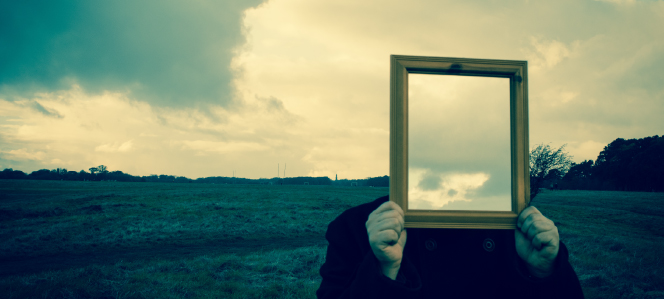Unless you’ve had your head in the clouds for the past decade, you can’t help but feel the visceral truth of René Gerard’s mimetic theory. In an age of an autonomous philosophy of life, we certainly can’t help borrowing our desires from those around us. Be it politics, family life, or even the silly toys we swoon over, our seemingly natural state is to desire what others desire rather than thinking through what we want for ourselves. Imitation might be a kind of flattery, but I fear we might be flattering a fool. People claim that the man with the loudest opinion might be the bravest person on Earth, but it is easy to shout and point fingers around; it is much harder to stay silent and strike one’s breast with a fist. In this sense, the monk is much braver than the politician, and the desert is more the battleground than the metropolis.
Although mankind has always gathered together in mobs, it does seem that the consistency of mobbishness is increasing in our society. Step into the world of literature and you have two camps who disagree on whether Katniss of The Hunger Games was a feminist hero or a sacrificial lamb. Log into Facebook (or Twitter if you have the stomach for it) for five minutes and you’ll read some vile ad hominem attacking character over truth. Watch political debates today and get a real sense of the fact that Junior High never really ended for many people, and that those attitudes have become infectious among the masses. We desperately want to belong to a community, and perhaps, due to the depressing rate of loneliness today, our mimetic desire and scapegoating is increasing because we no longer have the foundation of domesticity in our upbringing. Perhaps we have thrown away the family for the village and realize that the village without the family is nothing more than a mob.
As Christians, we hold dear the opinions of every man and woman. As an aspect of their dignity, we hold that a person’s outlook on life must be respected. However, we also hold that such opinions must be formed in truth, or else the opinion is nothing more than a falsity. It is often the person with the false opinion who becomes the loudest and drifts from the mean to the extreme; and sadly, mimetic desire kicks in and all of a sudden, the whole ship is now riding toward those extremes. Social media has given everyone a voice, and apparently every voice must be shouting. Anger and outrage are the virtues of our day. The fatherless generations have not learned how to temper their anger with charity and peace of heart. These generations never knew the normality of family life, nor understand the limitations of angry dialectics. Perhaps the time is ripe to stop looking around to what others are doing and start looking in the mirror.
I had lunch with a friend of mine last week and we discussed the depths of the spiritual life. We discussed Pascal’s famous quote: “All of humanity’s problems stem from man’s inability to sit quietly in a room alone.” In the quiet of one’s own sanctum, we come to find that the loudest voices are those in our heads. We often drown out these voices by joining the camps. We strain our entire lives trying to drown these voices out with constant entertainment, noise, and yes, this mob mentality of opinionists. It is as if we are dividing into camps from opinionists’ claims without knowing the unifying, eternal truths of home and hearth. Fierce camps are far more comfortable than solemn retreats. Anger at your neighbor is far more calming than personal repentance.
There’s an excellent poem by the late Dale Wimbrow entitled “The Guy in the Glass,” which begins by saying:
When you get what you want in your struggle for pelf,
And the world makes you King for a day,
Then go to the mirror and look at yourself,
And see what that guy has to say.
This realization is what inspired many of the great mystics to break free from mimetic desire. They no longer cared for the honors that come from mobs. Instead they sought the cross that comes from Christ, and in order to carry it, recognized that they had to take a long, silent look at themselves. The interior life became the battleground and their treatments of the exterior world became an outgrowth of that magnanimity. In leaving the camps, they found a home, and that home was with them the whole time. There are no camps in the hearth of the cross, and the only imitation we are called to is that of loving what Christ loved as he lit the fire.
An opinionist is one who wants to tell the whole world how it ought to be living. Some of the advice might be very good. However, some of the advice might be devious. It might be more calming to ignore the interior battle and focus on the exterior scapegoat, but we certainly cannot call it home sweet home. We think that we have to be loud in order to matter, but it is in silence that God speaks. In a time of outrage, it is the contemplative that stands out. Dealing with the guy in the glass is the first step toward our real home.
